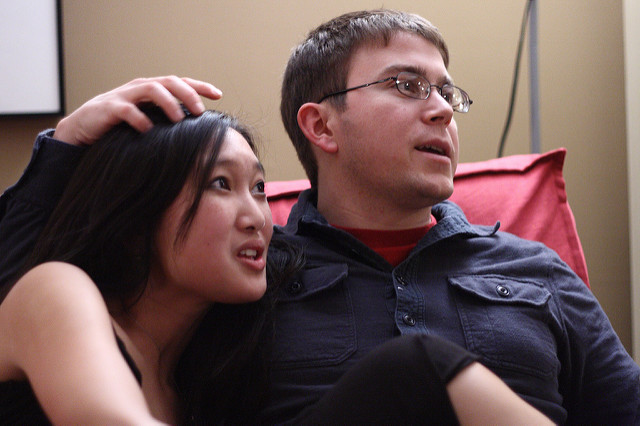
This Brazilian Portuguese word in English means “running your fingers through the hair of someone you love.” The word cafuné, is a peculiar gem that is part of a group of unique words that are unable to be translated into other languages.
Its meaning represents affection but its historical origin tells of the past of suffering, a by-product of slavery.
It’s a word to literally describe a physical expression of human affection and love that is unable to be simply translated with one word. The word cafuné is uniquely Brazilian. Just like the word saudade that doesn’t quite translate into one word in English.
Yet the linguistic origin of this Brazilian Portuguese word is a story worth telling, to remind us of how humans endure the most painful and perplexing of times.
My intention is not to simply translate a word, but to demonstrate its power, its historical significance, and affection as a mean of coping in times of uncertainty, which is relevant to recent current events.
No matter how deep humanity might seem to have sunk itself, humans have created mechanisms to survive the most extreme and difficult times.
And love has been part of this coping strategy.
Cafuné is a force of affection, of tenderness, but most importantly it’s a calming force.
It’s what mothers do to their child. A partner does for their partner after a long day’s work. It is a sign of love, of your hands kissing your head to go to sleep and sooth your mind and thoughts. It’s a friend’s hand hugging your soul by tenderly touching your strands of hair.
It’s when words can’t do justice and fall short, so your hands come in for an embrace.
The linguistic origin of cafuné is actually derived from the Yoruba African language. Yoruba was one of the major languages spoken by African slaves who were brought to Brazil to work on the plantations.
So how did this word representing affection and love stem from slavery and into modern-day Brazilian Portuguese?
Brazil was the largest recipient of slaves from the trans-Atlantic slave trade receiving 4.8 million people from Africa. North America in comparison received 388,747—less than four percent of the total 10 million slaves who made it to the Americas. Many of the slaves who spoke Yoruba made it to Brazil.
The majority of these slaves arrived in Brazil’s northeast region, concentrating especially in Bahia’s capital city, Salvador, home to the largest population of Afro-descendants outside of Africa.
It was the African slaves in Brazil who used cafuné on each other and that’s how the origin of the Yoruba word got transmitted into current day Brazilian Portuguese.
African slaves would caress each other’s hair, fazer cafuné, and this is how cafuné got incorporated into Brazilian Portuguese and Brazilian culture.
Cafuné is a by-product of Afro-Brazilian history.
The significance of the Yoruba words incorporated into Brazilian Portuguese mostly surround words relating to food, religion, and festivity: mandioca which is the word for cassava, Acarajé the red fried patty that is part of Baiano cuisine with its Yoruba origins reflecting the Afro religion Candomble.
Another Yoruba expression incorporated into the language is: Axé (ase), more evident in Bahia, hence the axé of Bahia. Axé translates to good energy and spirit. It is also the name of the high-energy musical genre Axé in Bahia.
All these Yoruba derived words that survived relate to the nutrition of a human: the body, spirit, and soul. And Cafuné was one word that survived, which embodies the nutrition of the spirit and soul with affection.
Cafuné was the form of maintaining humanity amidst a slave society trying to deprive slaves of their benevolence. Cafuné was one part of this coping mechanism that has survived and is survived in the language and culture of Brazil today.
If you didn’t hear this word in Brazil, you surely witnessed it happen, especially in Salvador da Bahia. Friends, lovers, and family caressing each other’s hair.
Cafuné was, and is, the human form of an anti-depressant pill. Cafuné is the human form of a self-help book when people don’t have libraries. The human form of therapy, before there were therapists. The expression of affection through art at the lack of museums.
This was the coping mechanism that the African slaves did to soothe each other because affection among them was the only resource they had available. They didn’t have therapists, didn’t have self-help books. They just had each other.
Affection is a human way of surviving, its love is healing.
~
Author: Michelle Estefania Cruz
Apprentice Editor: Aga Wyrzykowska; Editor: Travis May
Image: flickr/Ángela Burón








Read 0 comments and reply